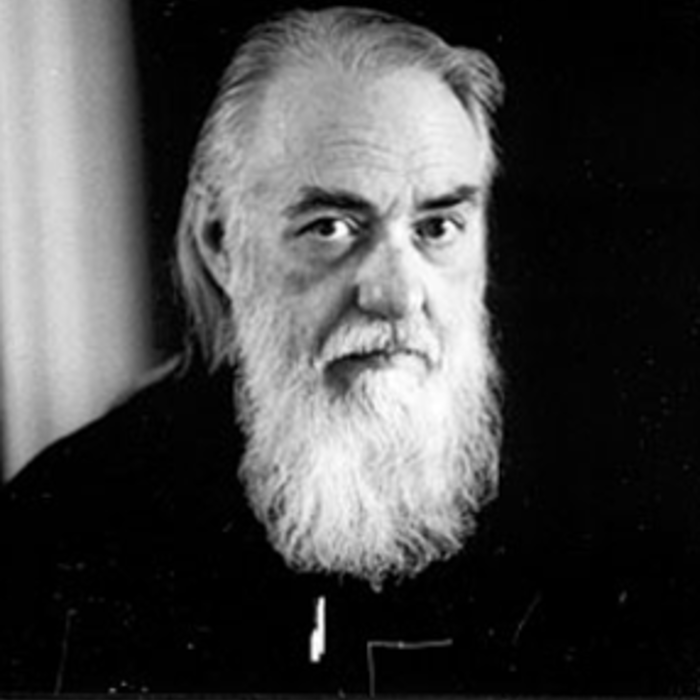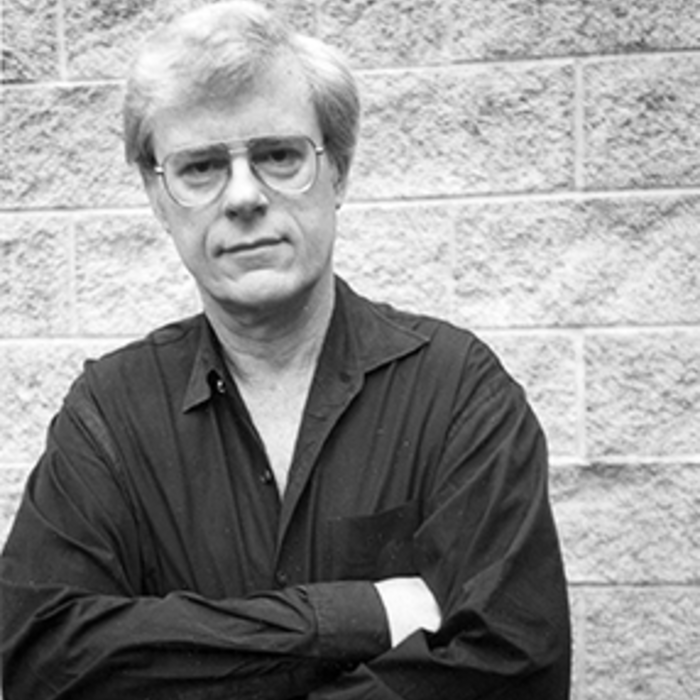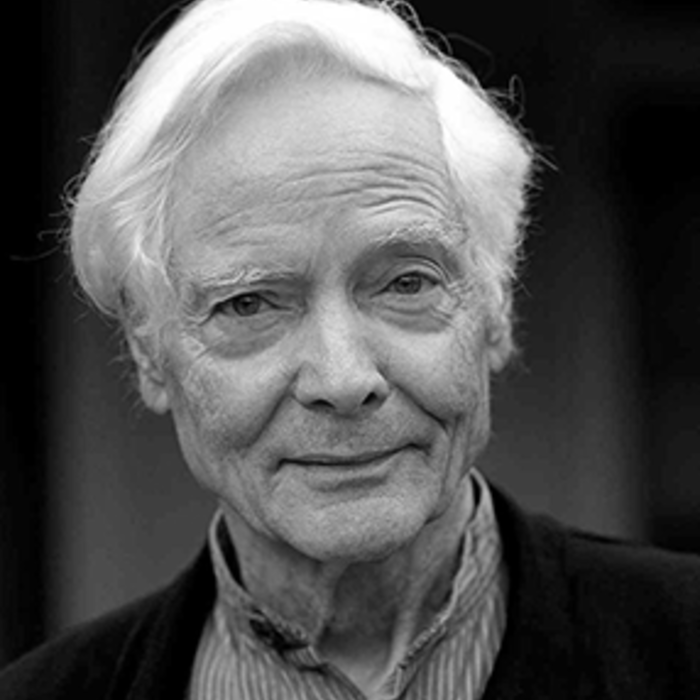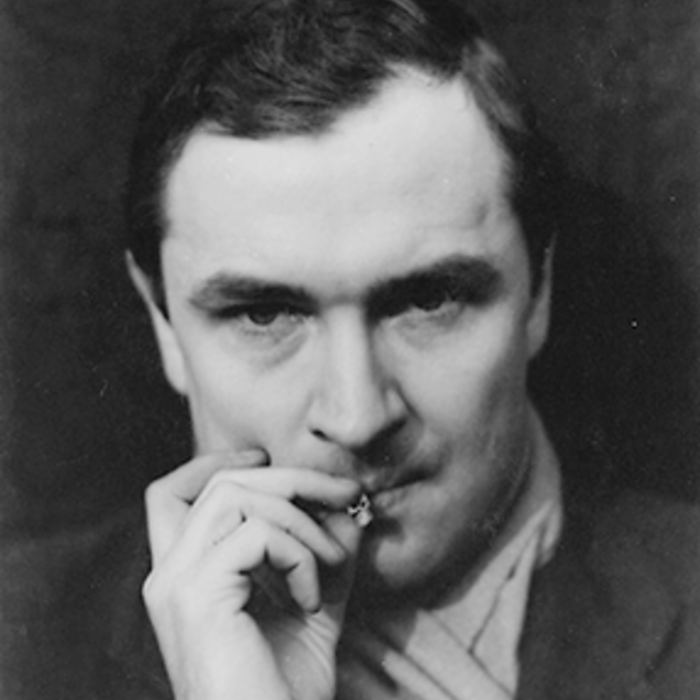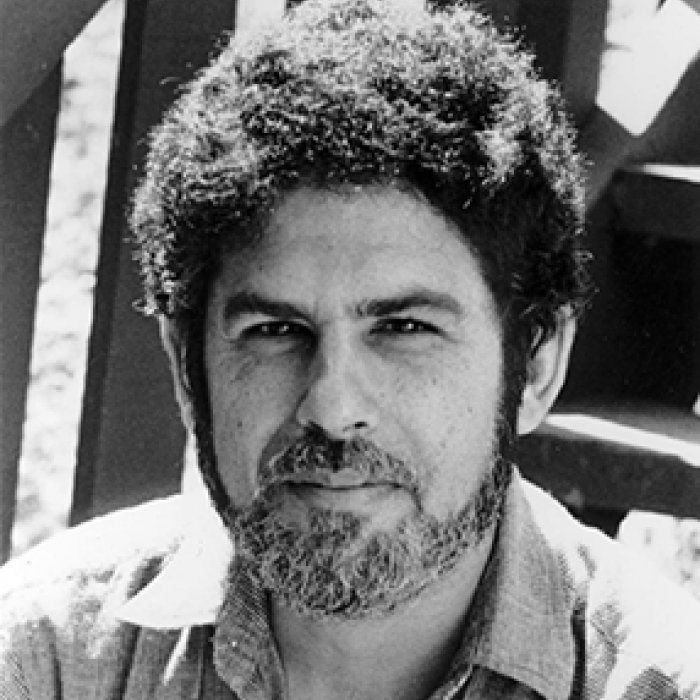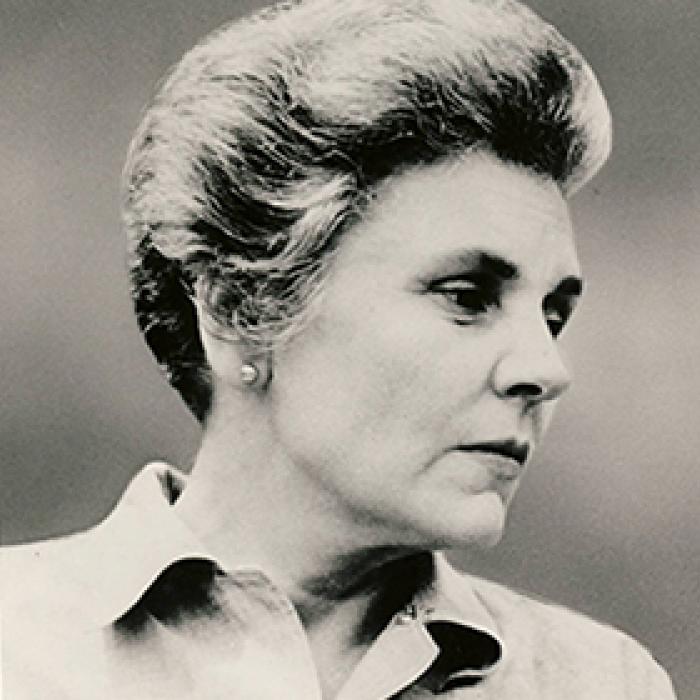Salvatore Quasimodo
On August 20, 1901, the Italian poet, critic, and translator, Salvatore Quasimodo, was born in Modica, Sicily. He studied at the Politecnico in Rome, but his studies were curtailed by financial trouble. In 1926, he was appointed to the government Civil Engineering Department. His first poems were published in the avant-garde literary review Solaria in 1930, followed later in that year by his first book, Acque e terre (Waters and Lands, 1930).
Quasimodo's work falls roughly into two periods, divided by World War II. Beginning with the nostalgic poems about Sicily in Acque e terre, the first, or "hermetic," period is characterized by metaphysical content and a recondite style, as exemplified by the verse in Òboe sommerso (Sunken Oboe, 1932), Erate e Apollion (1936), and Poesie (1938). "Hermeticism" was a name applied to a 20th-century school of Italian poets headed by Quasimodo, Giuseppe Ungaretti, and Eugenio Montale. The verse of these poets originated in the French symbolist school of Mallarmé and Valéry. Typical of hermetic poetry is a deliberate rarefication of poetic language; this is the result of the poet's attempt to verbalize a personal impression that seems to transcend common experience, in a language that coneys it with the maximum fidelity and immediacy. The hermetic reject rhetoric and the stylistic mechanics of traditional poetry, adopting instead occult symbolism and a vocabulary that is extremely personal and idiosyncratic.
Following the publication of Poesie, he resigned from his government job and became the assistant of Cesare Zavattini, who edited several literary periodicals, and the editor of the magazine Tempo. In 1941, Quasimodo was appointed to the chair of Italian literature at the Guiseppe Verdi Conservatory in Milan. During World War II, Quasimodo was involved in an anti-Fascist movement and was briefly imprisoned. The poems in Poesie nuove (1942) contained hints of what he was to produce in the "engagé" period after World War II, in which his poetry was concerned with the interpretation of contemporary history, social conditions, and the frustrations and aspirations of the common man, as in Giorno dopo giorno (Day After Day, 1947), La vita non é sogno (Life Is Not a Dream, 1949), Il falso e vero verde (1956), and La terra impareggiabile (The Incomparable Earth, 1958).
Quasimodo was awarded the Etna-Taormina International Prize in Poetry along with Dylan Thomas in 1953 and the Nobel Prize for literature in 1959. His last book of verse was Dare e avere (To Give and To Have, 1966). He also translated Greek and Roman lyric and epic poems, as well as works of Molière, Shakespeare, Pablo Neruda, and E. E. Cummings, among many others, into Italian. Quasimodo died in Naples on June 14, 1968.
A

